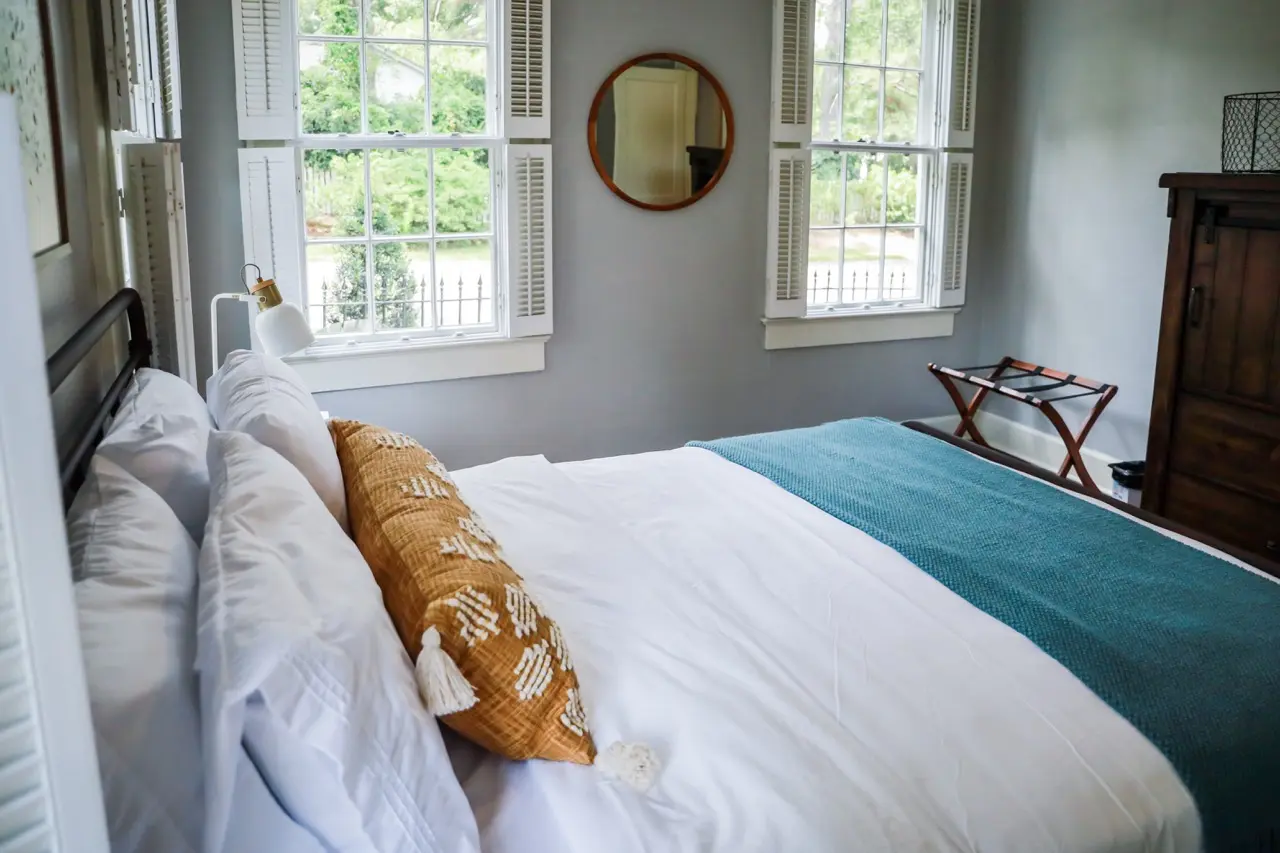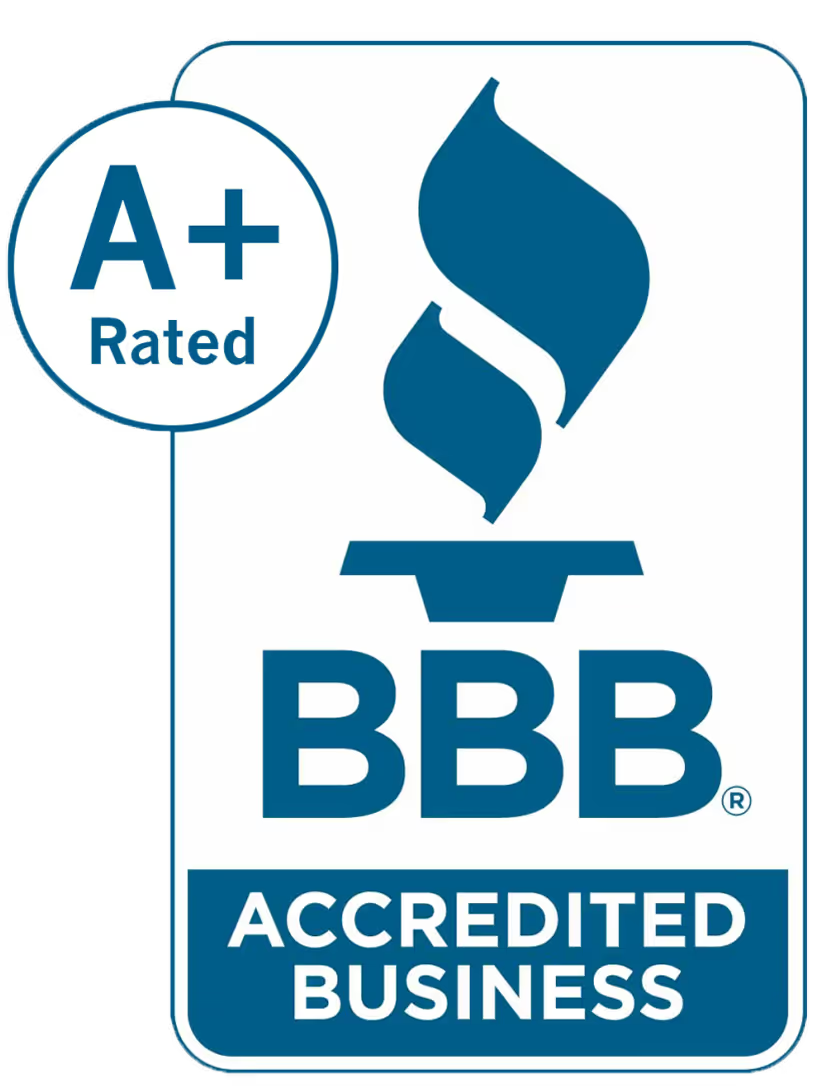California Law: Short-Term Rentals
When Homes Become Hotels: The Financial Tipping Point Facing California HOAs
The Rise of Short-Term Rentals in California HOAs
California HOAs are facing a question that cuts deeper than noise complaints or parking headaches: what happens when homes stop being homes and start being hotels?
Short-term rentals (STRs) bring in quick cash for investors and owners, but they also shift the financial and cultural foundation of a community. Instead of neighbors with roots, HOAs see revolving doors of weekend guests. Pools and gyms wear down faster, common areas need more upkeep, and insurance carriers raise red flags. Beneath it all lies an economic transformation that can reshape an entire association.
Legal Loopholes Don’t Equal Authority
California has codified rental protections with AB 3182, which generally invalidated sweeping rental bans—except those that explicitly prohibit stays shorter than 30 days. Tinnelly Law Blog highlights that a court ruling drives home one basic truth: if your CC&Rs don’t explicitly ban STRs, courts won’t read that into your document.
In Lastavich v. Nob Hill Homeowners Association, the California appellate court strictly interpreted CC&Rs that only referenced “single-family residence.” Since STRs weren’t expressly banned—or defined as commercial—the court refused to restrict them. The HOA lost. (“The Importance of Well-Drafted Short-Term Rental Restrictions”).
Your HOA may believe it’s restricting STRs—but perception isn’t law. Without explicit language, you're building on quicksand.

Reasonable Restrictions Are Enforceable... If Drafted Correctly
California courts have upheld reasonable minimum lease periods—like a 30-day stay requirement—as rational and enforceable when justified. In Ocean Windows Owners Assn. v. Spataro, the court found such an amendment “rationally related to the protection, preservation and operation of the community.”
But remember: reasonableness came with context—documented damage, increased costs, and the risk of becoming a “condotel.” Without evidence, your HOA may fall flat.
Coastal Communities: When Legal Limits Override HOA Control
Now imagine your HOA overlooking the Pacific—pristine beaches, dramatic cliffs, and... serious regulatory oversight. That’s Mandalay Shores, where an HOA’s STR restriction fell because it effectively blocked public access to the coast, violating the California Coastal Act. The buyer won the case.
For HOAs in coastal zones, know this: your authority can be trumped by state law. Protecting your dunes may not include protecting your CCRs.
.jpg)
Fines That Used to Hurt—Don’t Anymore
California just changed the enforcement game. As of July 1, 2025, AB 130 caps HOA fines at $100 per violation—unless there's a documented health or safety risk.
STR owners used to fear escalating fines. Now? A $100 slap may just be the cost of doing business. Even worse: procedural requirements—cure periods, written findings, hearing results—continue eroding practical enforcement. Your HOA may have authority—but without leverage, it's an empty promise.
The Investor Vote: Dollars Translate to Power
The economics aren’t cosmetic—they’re existential. As investors clip profits from Airbnb listings, they gain more units and more votes. Soon, your HOA’s governance becomes skewed toward maximizing rental income—not preserving community character.
Every policy delay narrows your window. Once investor voting blocs form, amending CC&Rs becomes psychologically and politically uphill—even for economically sane restrictions.
Action’s Take
At Action Property Management, we help boards get ahead of these challenges. From reviewing outdated CC&Rs to drafting enforceable policies and preparing boards for the realities of AB 130, we work to ensure that HOAs aren’t left reacting to change, but actively shaping it.
If your board is grappling with the short-term rental question, let’s talk. Contact Action today to safeguard your community’s long-term stability.
Check out our podcast library
Check out podcast







.svg)









